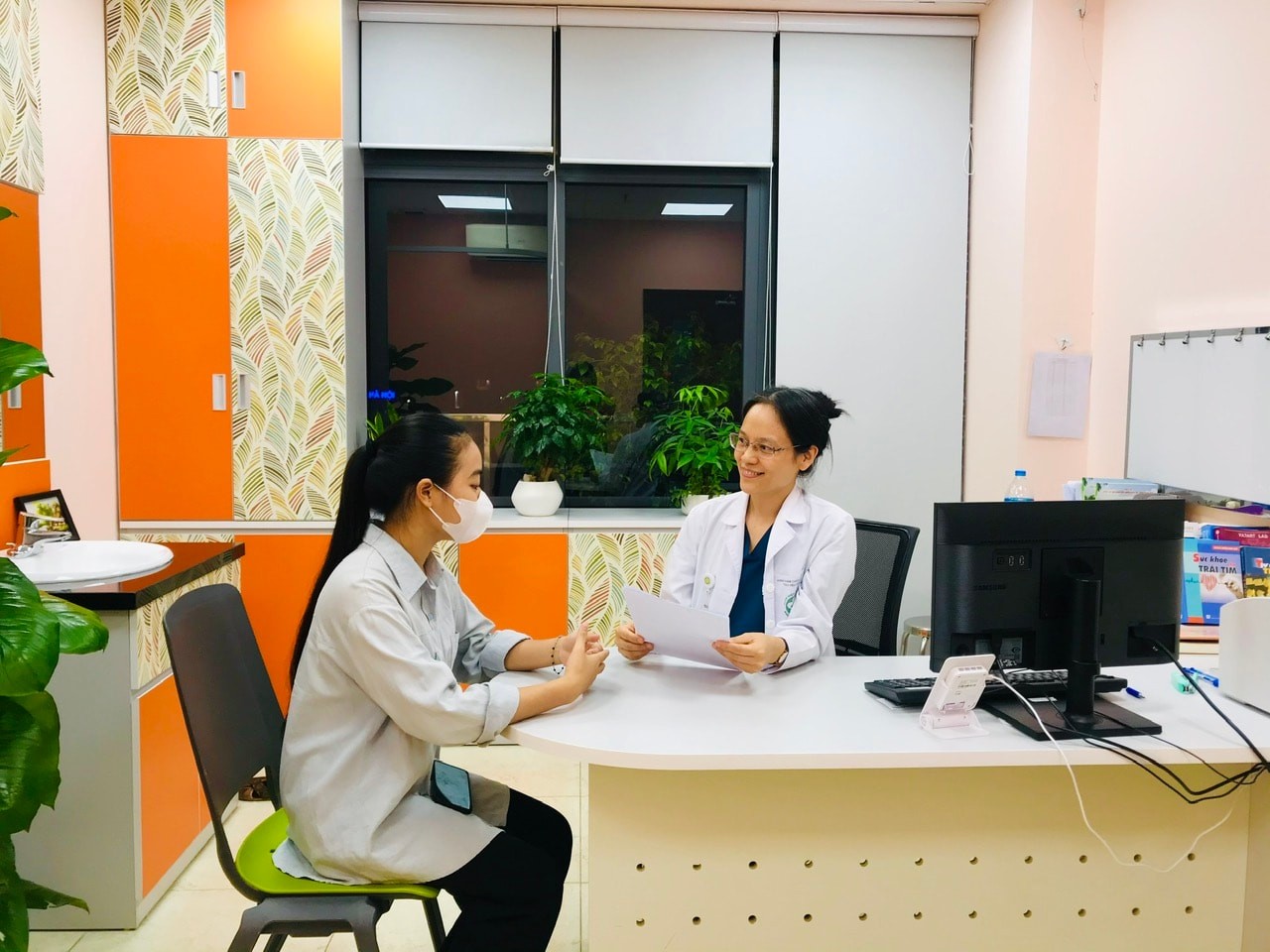
Still confused
Although this regulation is considered a step forward in ensuring the right to choose services, initial implementation shows that many patients are still confused, while medical facilities also need time to synchronize.
At the on-demand examination area of Bach Mai Hospital, Ms. Le Thi Thanh (45 years old, from Hung Yen ) shared: “I have a health insurance card, but before, every time I went for a medical examination, I paid for it myself, I didn’t think the insurance would support it. The last time I paid nearly 7 million VND without using health insurance, because I didn’t have a referral letter and no one reminded me of my rights.” After being explained by the medical staff, Ms. Thanh learned that according to the new regulations, if you have all the correct procedures, you will still be paid for the part within the scope of benefits as usual.
Another case, Mr. Nguyen Van Hung (34 years old, technical staff, living in Hanoi ) shared: “I know the new regulation, but I personally choose to see a doctor because I want to be quick and proactive about time. The cost of a few hundred thousand VND per visit is not a big problem for me. If the health insurance supports it, it is good, otherwise it does not affect much. The important thing is to choose a doctor and not lose work days.”
In reality, there is a group of patients who actively choose to receive medical examination services and are willing to pay - even though they have a health insurance card. For them, the new policy, although practical, is not the deciding factor in their behavior in using the service. However, even with this group, when receiving transparent advice at the registration counter about the benefit level, the difference and the remaining benefits, the majority expressed satisfaction, because it is this clarity that makes them feel secure when choosing a service that suits their personal finances.
However, not all patients have such a proactive and generous mentality. For many people, especially the elderly and those with underlying diseases, having health insurance cover part of the cost of medical examination and treatment is an important motivation for them to boldly choose a tertiary hospital and a good doctor.
At Viet Duc Hospital, Mr. Vu Trong Hung (65 years old, living in Hai Phong) brought his health insurance card to the service area with excitement. “I heard that from this July, service examinations will still be covered by insurance, so I chose to have an examination here. A family member had surgery at this hospital, so I wanted to see a doctor and conveniently do some screening tests,” said Mr. Hung.
However, after completing the procedures, he was informed that he was not eligible for health insurance payment because he did not have a referral letter, nor was he exempted from the letter according to regulations. Although he had chosen to be examined at a specialized hospital, which was on the applicable list, because he lacked valid documents, he had to pay all costs from examination, testing to medicine himself.
Mr. Hung’s case is not uncommon. Some people, although aware of the new policy, still do not fully understand it and encounter difficulties in the implementation process.
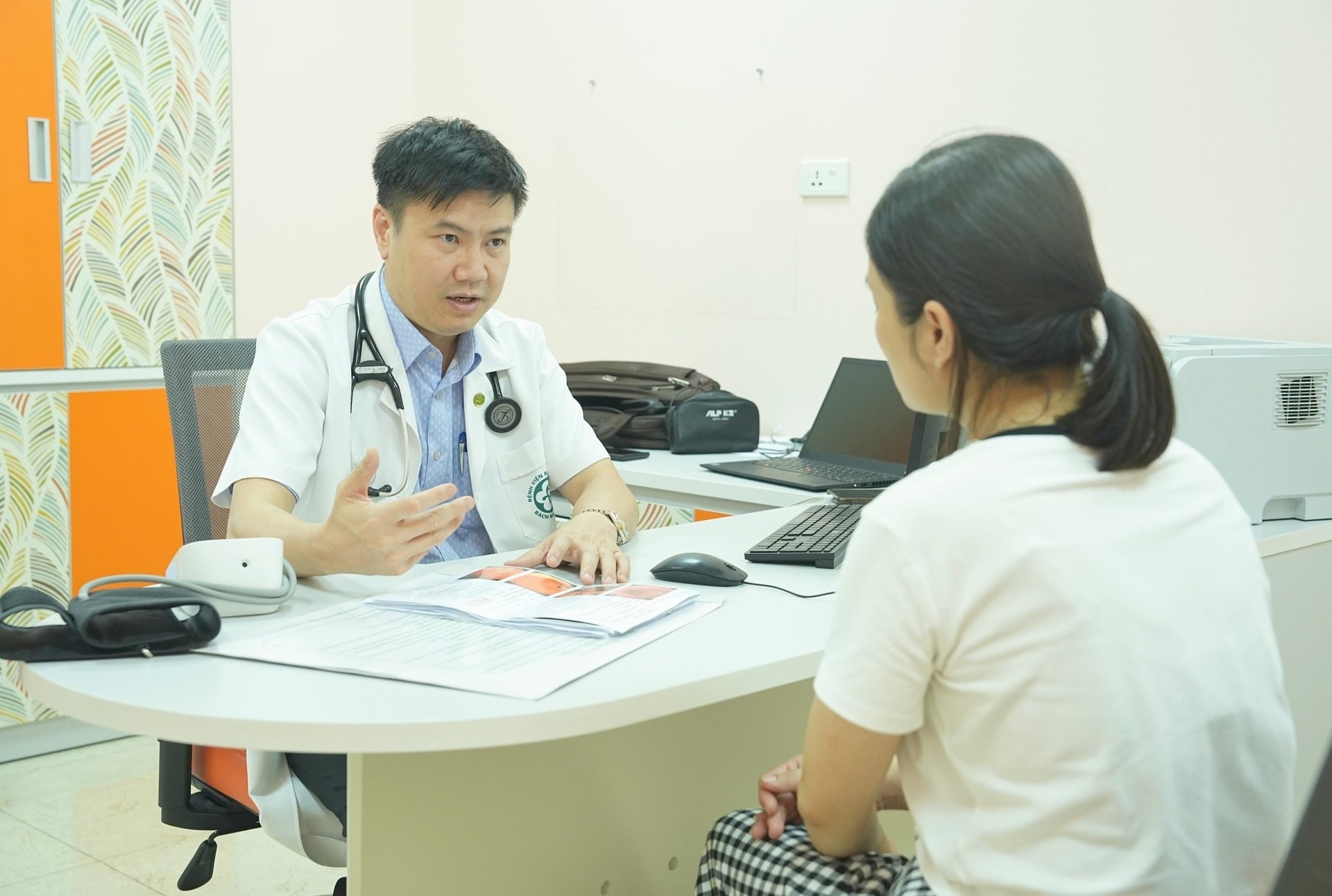
Not all medical examination services are covered by health insurance.
Dr. Tran Thai Son - Deputy Head of General Planning Department (Bach Mai Hospital) explained that just by presenting the health insurance card and personal identification papers when going for medical examination and treatment as requested, the patient will not be paid by the health insurance fund.
Accordingly, at medical facilities classified by the Ministry of Health as specialized and high-tech, and classified as central-level before January 1, 2025, to enjoy health insurance benefits when examining and treating outpatients here, patients must fall into one of the following cases: Patients have a referral paper from the initial medical examination and treatment facility and this paper is still valid; Patients have a health insurance re-examination appointment card issued by Bach Mai Hospital and is still valid; Patients have one of the diseases in the list of 62 diseases and groups of diseases as prescribed in Appendix 1 of Circular No. 01/2025/TT-BYT. However, patients should note that some diseases in the above list have specific conditions. Therefore, in this case, patients should bring prescriptions, hospital discharge papers or related documents from the previous medical examination and treatment facility as proof, to ensure their health insurance benefits.
At Bach Mai Hospital, the service examination fee ranges from 300,000-400,000 VND/visit depending on the doctor. Meanwhile, the price according to health insurance is 50,600 VND/visit. If the patient has a benefit level of 80%, health insurance will pay 40,480 VND, the patient will pay the remaining difference along with the co-payment. The benefit level does not depend on the type of hospital but only on the group of subjects prescribed by law - such as people with meritorious services, poor households, people participating in health insurance for 5 consecutive years, children under 6 years old...
At Duc Giang General Hospital (Hanoi) - a basic grade I facility, the policy of examination upon request with health insurance is also implemented synchronously. According to Dr. Nguyen Van Thuong - Director of the Hospital, the current health insurance examination price here and many large public hospitals is 50,600 VND/visit, while the service examination price at Duc Giang Hospital is fixed at 200,000 VND/visit - significantly lower than the fluctuating level from 250,000 to 500,000 VND at facilities with specialized factors. When the patient has a health insurance card and is examined according to regulations, the health insurance fund will pay according to the benefit level. Accompanying technical services, if included in the list of covered services, will also be paid similarly. The remaining amount is paid by the patient in a clear and transparent manner.
From an implementation perspective, it is impossible to expect all medical facilities to operate smoothly as soon as the law comes into effect. However, proactive hospitals such as Bach Mai, Viet Duc, Duc Giang and a number of other public units have been proving that if properly guided and well organized, the policy can be completely implemented smoothly and effectively.
From policy to practice: Transparency is key
While at special-class hospitals or facilities with high technical expertise, the policy of medical examination and treatment on demand with health insurance has initially operated smoothly, at many basic-level public hospitals, the approach and implementation are still cautious.
In reality, there are also basic hospitals that have proactively implemented health insurance payments for patients using medical services before the new law took effect.
For example, at Bac Ninh 1 Obstetrics and Pediatrics Hospital, Dr. Le Cong Tuoc - Director of the hospital shared: Without having to wait until after the amended Law on Health Insurance takes effect, for many years now at the hospital, people coming for examination upon request, if meeting the correct conditions and having a clear indication, will still be paid by the Health Insurance Fund within the scope of benefits. The difference in service price, the patient will pay according to regulations.
According to Dr. Tuoc, in reality, some hospitals have previously allowed patients to use their health insurance cards when choosing to be examined at the service area. However, due to the lack of clear regulations in the law and the lack of unified guidance, many hospitals have not implemented this. As a result, patients who seek examination upon request often have to pay all costs themselves, including technical costs or medicines that are covered by health insurance.
Mr. Tuoc also believes that if the new policy is well communicated, it will create peace of mind for patients, while helping hospitals have more legitimate revenue from the service difference, contributing to reinvestment in improving service quality.
Meanwhile, Hanoi Dermatology Hospital has also established a process for receiving health insurance patients who need to be examined on demand, with clear steps. According to Dr. Nguyen Minh Quang, Director of Hanoi Dermatology Hospital, the fact that patients who are examined and treated on demand have their costs covered by the health insurance fund within the scope of benefits has helped increase access to high-quality medical services at a more reasonable cost. At the same time, it contributes to protecting the rights of health insurance participants.
Ms. Vu Nu Anh - Deputy Director of the Department of Health Insurance (Ministry of Health) emphasized: The amended Law on Health Insurance has expanded benefits for people, especially in cases of medical examination and treatment upon request. Accordingly, people with health insurance cards are still paid by the health insurance fund for the costs within the scope of benefits, based on Article 22 of the Law.
Medical examination procedures have also been simplified. The law also clearly stipulates that medical facilities and social insurance agencies are not allowed to add additional administrative procedures. If documents need to be photocopied, they must be done by themselves, without charge, and photocopies must only be made with the patient's consent. These changes help reduce administrative hassles, increase transparency, and protect the rights of health insurance participants.
Associate Professor, Dr. Vu Van Giap - Deputy Director of Bach Mai Hospital: Patients have more equitable access to medical services
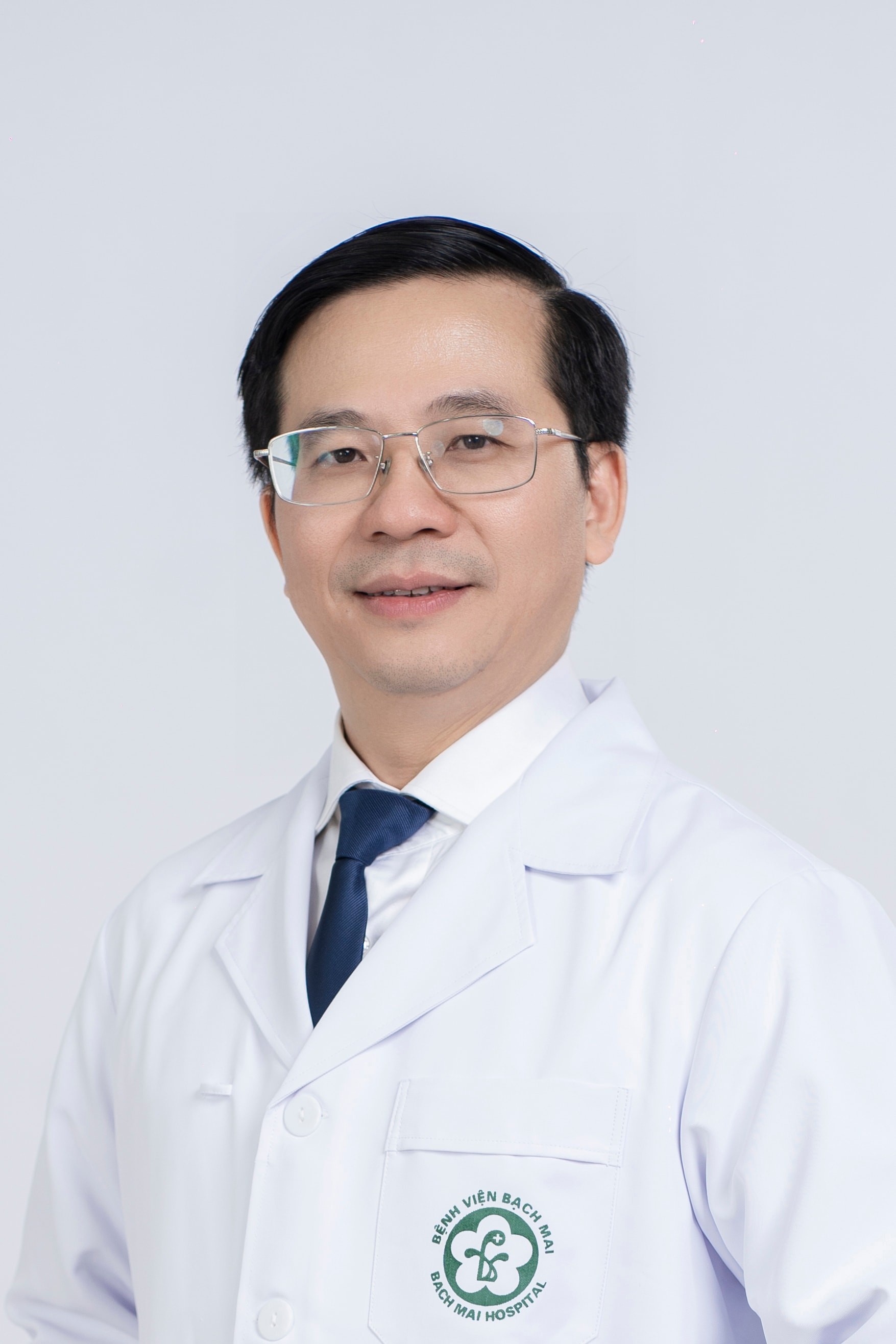
The revised Law on Health Insurance is a very correct and humane policy. Expanding the scope of beneficiaries of health insurance helps the poor and disadvantaged access health services more fairly and without worry when they need medical treatment. The new policy will also promote positive changes throughout the system. When people have the right to choose where to register for initial medical examination and treatment, local hospitals will have to improve quality to retain patients. Meanwhile, leading hospitals such as Bach Mai have the conditions to focus on specialized, high-tech treatment, in line with their role as the final line.
Source: https://baolaocai.vn/tang-co-hoi-tiep-can-dich-vu-y-te-chat-luong-cao-post648670.html





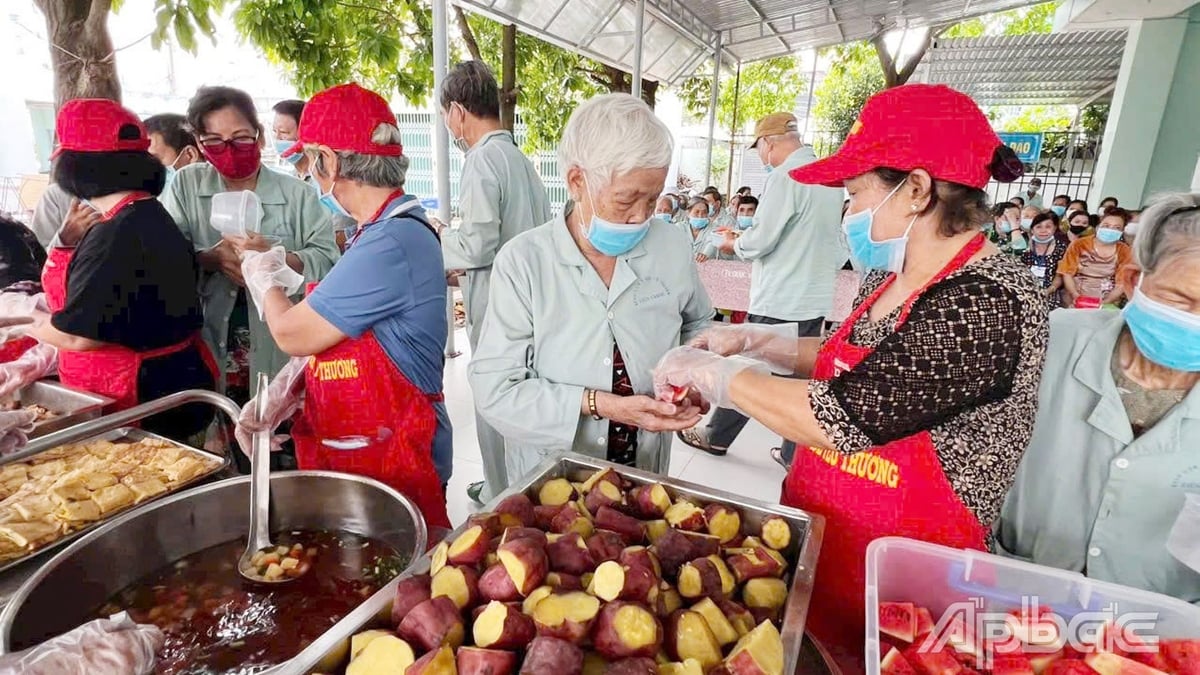





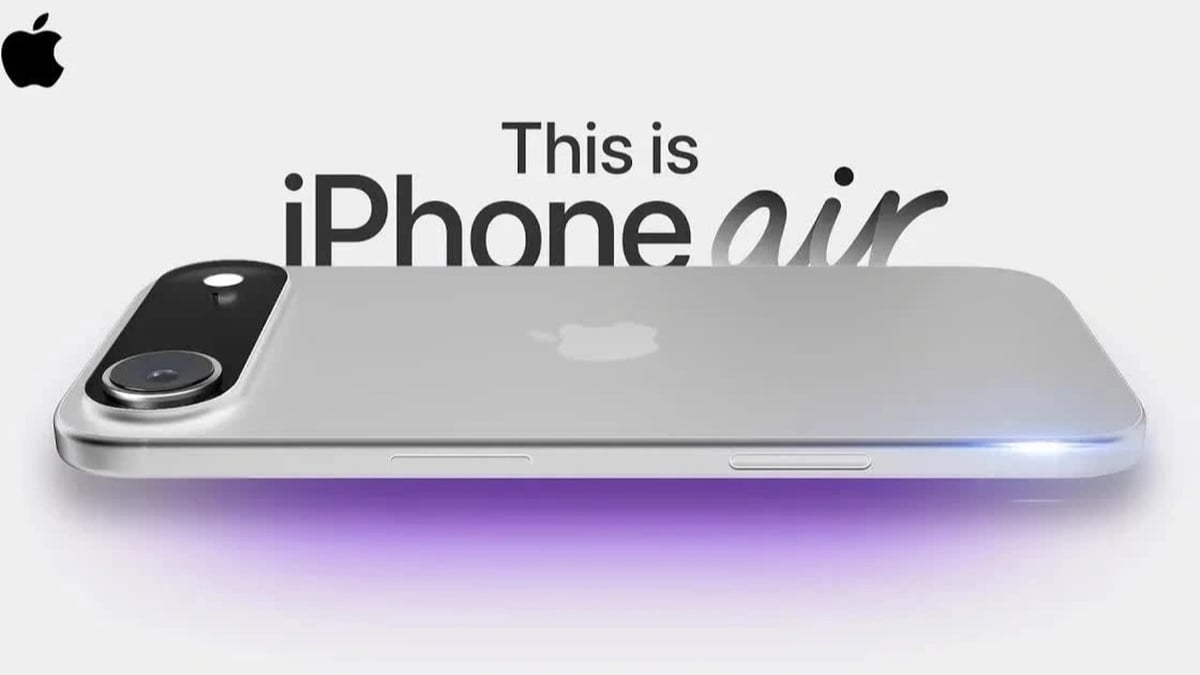




























































































Comment (0)